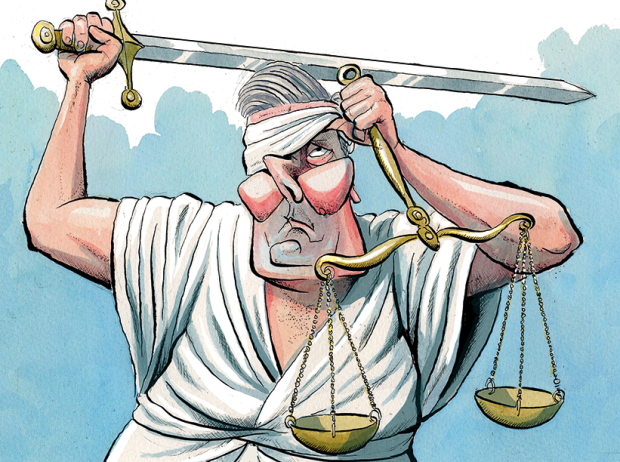Majestic memories
Sir: The sad news of the death of Queen Elizabeth II took me back 70 years to my earliest memory. I was three years old; the location was the Fleet Review at Spithead and the date was 15 June 1953, 13 days after the coronation.
Some 325 ships of the Royal and Merchant Navies, including vessels from many other countries, were lined up at anchor between Gosport and Ryde.
Already a subscriber? Log in
Subscribe for just $2 a week
Try a month of The Spectator Australia absolutely free and without commitment. Not only that but – if you choose to continue – you’ll pay just $2 a week for your first year.
- Unlimited access to spectator.com.au and app
- The weekly edition on the Spectator Australia app
- Spectator podcasts and newsletters
- Full access to spectator.co.uk
Or
Unlock this article
You might disagree with half of it, but you’ll enjoy reading all of it. Try your first month for free, then just $2 a week for the remainder of your first year.














Comments
Don't miss out
Join the conversation with other Spectator Australia readers. Subscribe to leave a comment.
SUBSCRIBEAlready a subscriber? Log in